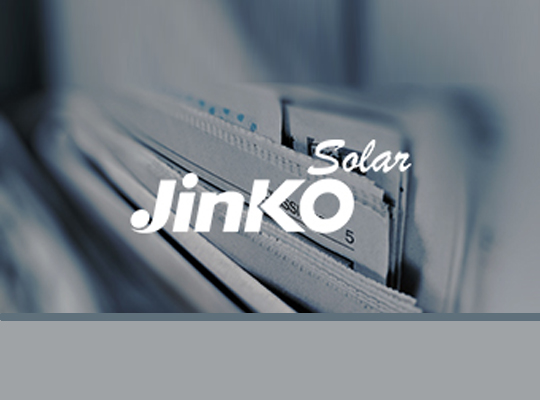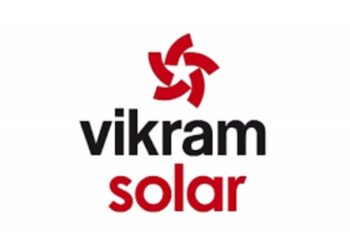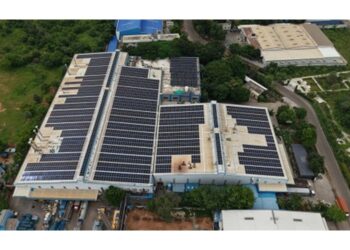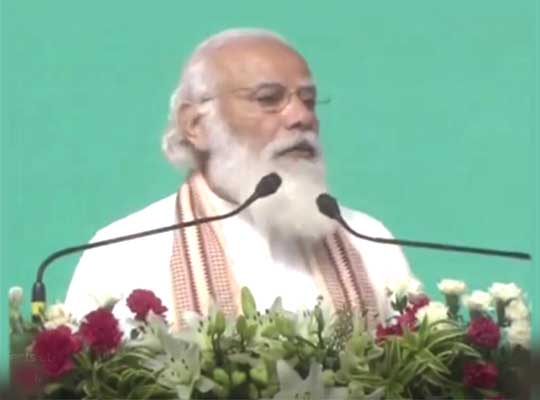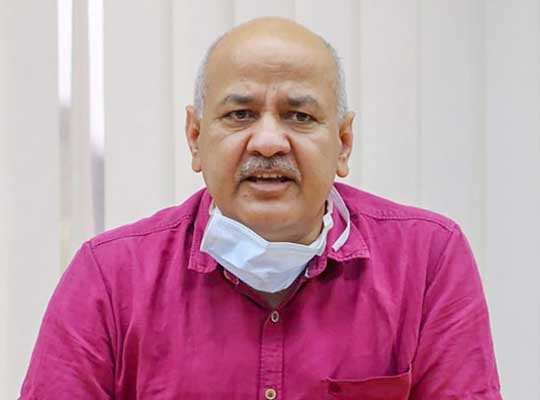JinkoSolar has announced that as the first solar company, it has signed on to Global Framework Principles for Heavy Industry, to give its contribution in fostering the decarbonization of the heavy industry sector, in favor of a shift towards a clean energy transition.
Dany Qian, JinkoSolar Vice President, commented,“I am honored to support the Framework Principles for Heavy Industry on behalf of JinkoSolar. Renewable energy will be vital to decarbonizing the heavy industry sector, which creates nearly one third of global emissions. As a producer of zero-carbon energy sources, we are proud to be one of the first companies in China to support these Framework Principles and look forward to working alongside the rest of the signatories to raise global ambition on decarbonizing heavy industry.”
More and more countries and governments are alert of climate change and are on the hunt for effective ways to cut emissions, but the progress is still too slower than the worsening situation. In addition, the current Covid-19 crisis has led to a considerable slowdown in industrial activity and threatens to divert attention away from the sustainable transition. But time is of the essence, especially in heavy industry since long investment cycles mean that decisions made in the short-term could risk locking in emissions-intensive production for decades to come.
Governments play critical role to develop recovery packages to accelerate progress:
1.Key targets for sustainable stimulus for industry include: incentives for energy efficiency; improving material recycling systems;
2.Fund and strengthen progress in developing and demonstrating innovative clean technologies.
3.Legislate to eliminate emissions from energy intensive heavy industry, for example provisions in regulations (e.g. carbon market, carbon price and trading system).
4.Sectoral agreements (e.g. formal international commitment to reduce emissions in a sector).
5.Green certificate and trading system.
6.CO2-based tariffs or tax.
7.Consumption-based regulations (e.g. requirements on the renewable power consumption ratio in its bills).
8.International cooperation, such as technology transfer and best practice sharing.
With clever policy design and a co-operative approach among stakeholders, we think the progress will be speed up as expected. JinkoSolar will take its indispensable role in offering the cheaper and smarter clean energy solution to help heavy business end contribution to climate change.


